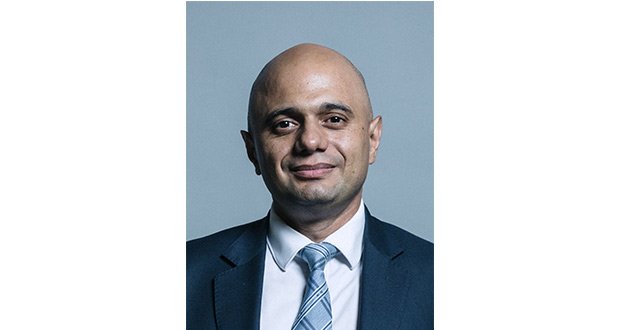Five Day Self-Isolation Period Comes in from Today

From today, [Monday 17 January] people with COVID-19 in England can end their self-isolation after five full days, as long as they test negative on day five and day six.
The decision has been made after careful consideration of modelling from the UK Health Security Agency (UKHSA) and will support essential public services and workforces over the winter.
It is crucial people isolating with COVID-19 wait until they have received two negative lateral flow tests on two consecutive days to reduce the chance of still being infectious. The first test must be taken no earlier than day five of the self-isolation period, and the second must be taken the following day.
The consecutive negative tests must be reported on gov.uk before individuals return to their job or education if leaving self-isolation earlier than the full 10 day period.
Health and Social Care Secretary Sajid Javid said:
“Following a robust review of the evidence, we have reduced the minimum self-isolation period to five full days in England.
“This is a balanced and proportionate approach to restore extra freedoms and reduce the pressure on essential public services over the winter.
“It is crucial people only stop self-isolating after two negative tests to ensure you are not infectious.
“Vaccinations remain our best defence against COVID-19, offering significant protection against infection and hospitalisation – and I urge everybody eligible to take up the offer and Get Boosted Now.”
The default self-isolation period continues to be 10 days, and you may only leave self-isolation early if you have taken two LFDs and do not have a temperature in line with guidance.
For example, if an individual is positive on day five, then a negative test is required on both day six and day seven to release from self-isolation. Or if a person is positive on day six, then a negative test is required on days seven and eight, and so on until the end of day 10.
Those who leave self-isolation on or after day six are strongly advised to wear face coverings and limit close contact with other people in crowded or poorly ventilated spaces, work from home if they can do so and minimise contact with anyone who is at higher risk of severe illness if infected with COVID-19.
UkHospitality CEO Kate Nicholls tweeted in response to the announcement: “Positive and pragmatic move to allow people to return to work when safe to do so and the economy and public services to keep moving. Should also allow a safe lifting of work-from-home guidance, which is having major economic impact.”
British Beer & Pub Association chief executive, Emma McClarkin, added: “There remains uncertainty around ‘Plan B’ measures and guidance in place, which is due to expire on 26 January. We urge the government to provide clarity on next steps which will enable pubs and the brewers that supply them to plan for the future.”
Night Time Industries Association chief executive, Michael Kill, said: “This is a step in the right direction, and will without a doubt stem some of the issues, but will need further consideration as we move towards busier periods. Businesses are still suffering from the legacy of a devastating festive trading period.”
Existing public health measures remain in place, including:
- staying at home if you feel unwell
- getting a test if you experience any COVID-19 symptoms
- wearing a face covering in crowded, enclosed spaces
- working from home if possible
- maintaining social distancing and regular hand washing
- taking up the offer of the free COVID-19 vaccine
